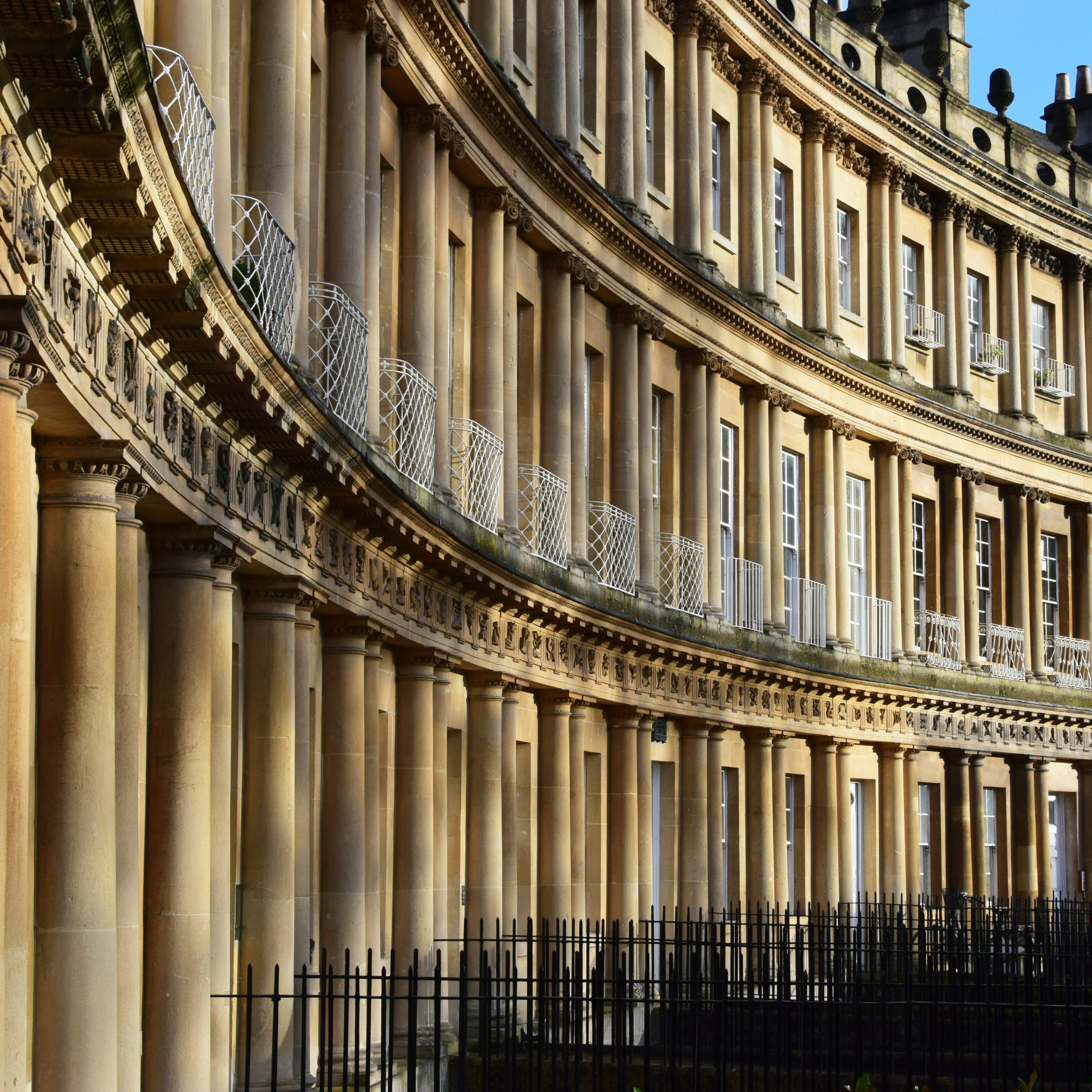The Obsession with Bridgerton’s Oppressed Women

Eirwen Abberley Watton reviews the new Netflix series, Bridgerton, discussing the show’s strong-willed female characters, as well as problematic elements that the fanbase may have overlooked.
Bridgerton is the series that has everyone talking. If, like me, you took to Twitter after binging the show in less than 48 hours, you would have seen post after post salivating over the Regency-style dresses and the handsome Duke. There are many reasons that the show has risen so quickly to #1 on Netflix. It is narrated by Lady Whistledown, an unmarried woman gaining success by publishing her writing. It has multiple interesting female characters (and friendships), including Eloise Bridgerton, a strong-willed woman – like Little Women’s Jo – who shuns marriage. It presents a pretty interesting view of married life for women in 19th Century England. After Daphne’s wedding, she enters a new world of women wealthy from their husbands’ estates and enjoying the independence provided, their lives no longer the subject of extreme scrutiny and restriction. It still might be too hopeful to believe that interest in the show is fuelled more by these progressive females than by the exciting nature of eroticism in a time in which it was forbidden.
But there are many reasons to talk about the show that are much less seductive. For a start, the diverse casting seems promising, but the way it is addressed left me confused and uneasy. At the start, like many voices of authority on this topic, I assumed the casting was colour blind. However, a few episodes in, when Lady Danbury and the Duke are discussing how they are the only black royals, it is revealed that “We were two separate societies, divided by colour until a king fell in love with one of us.” This should have added a whole new level to the show. It could have been a really interesting depiction of very topical issues. Instead, the show uses this line as a scapegoat for its failure to address diverse racial representation.
I do think it’s worth questioning our obsession with a ‘noble’ and ‘romantic’ love story that is far more problematic than the dazzling outfits allow.
And that’s not the show’s only failure. Given what can only be described as the queerbaiting in the trailer (the scene with two men hooking up), you would have expected to see queerness being given adequate screen time. Instead, it features in some kind of sex party, and I assume I wasn’t the only one hoping to see Henry Bridgerton’s exploration into the world of these promiscuous artists leading to homosexual character development. Yet again, the show dabbled in something that definitely existed in the 19th Century but failed to do it justice.
The issues continue. In episode six, there is what must be described as a scene of rape. Driven by her desire to have children and the Duke’s lies, Daphne forces him to ejaculate inside her after he asks her to “Wait!”. Not only is it troubling that much of the buzz around the show ignores this, but it begs questions about why their match is so desirable. We know from the beginning that they are not suited; they have completely contradictory goals and spend most of the latter episodes unable to stand being in the same room. So, what is it that makes their relationship so alluring? Maybe it has something to do with their physical attraction, or maybe we like the idea that it was possible for women to enjoy sexuality in such an oppressive era. But is it that romantic? Sex seems to be the only thing holding their relationship together, and it takes place in a marriage which is unwanted by both parties and in which Daphne is dangerously ignorant of how it works. I can understand the allure of a woman enjoying sex in a society in which women were programmed not to be sexual, but I do think it’s worth questioning our obsession with a ‘noble’ and ‘romantic’ love story that is far more problematic than the dazzling outfits allow.


